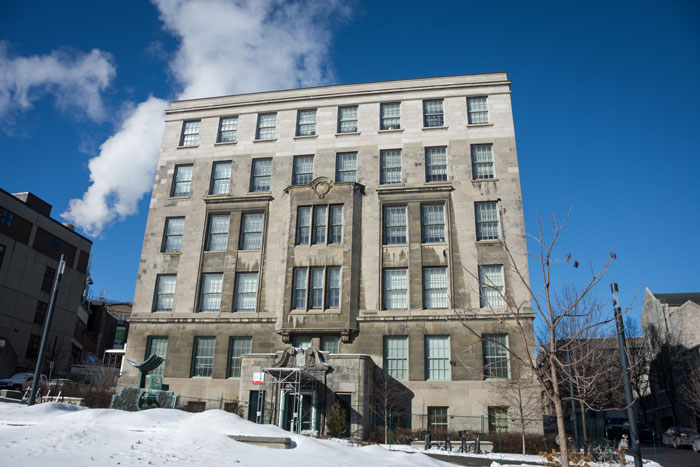On Feb. 2, the McGill Board of Governors (BoG) held its first meeting of 2017. The session opened with an update on major achievements by McGill students within the last year, highlighting the fact that three students received a Rhodes Scholarship–the highest number of any Canadian university this year. The approval of two grants and a presentation of the Report on the Open Forum on Sustainability followed. During the meeting, Board members also expressed concern about the effect that the recent U.S. presidential election may have on the scientific community in Canada.
Report on the Open Forum on Divestment
The question of the university’s divestment from the fossil fuel industry has become a common topic of discussion at McGill’s BoG meetings.
Divest McGill was originally created in 2012 to lobby the university to divest its endowment from its fossil fuel partners. Following a February 2015 petition submitted to the BoG’s Committee to Advise on Matters of Social Responsibility (CAMSR), Divest McGill held an April 2016 sit-in, protesting the Board’s decision not to divest.
In response to this Feb. 2015 petition, Principal Suzanne Fortier organized the Open Forum on Sustainability to address the recommendations of the 2016 CAMSR report on divestment. The Open Forum was chaired by Faculty of Law professor Frédéric Bachand, who also compiled and presented a report to the Board on the conclusions of the forum’s discussions.
“It was a lot of work, but I think it was a worthwhile exercise,” Bachand said. “Many of the questions that were discussed were sensitive, but I was amazed at the turnout of our community members who participated extensively and responded very positively to the Principal’s invitation to offer advice and insight.”
One hundred thirty-five students attended the Open Forum in September 2016. According to Bachand’s report, it identified several measures to reduce McGill’s carbon footprint, including the implementation of a target date for McGill to become a carbon neutral institution and the development of sustainability-focused curriculum.
CFREF award and International Progressive MS Alliance grant
Following standard procedure when accepting grants, Vice-Principal (Research and Innovation) Dr. Rosie Goldstein gave a short presentation on the Canada First Research Excellence Fund (CFREF) award and the International Progressive MS Alliance grant received by the university. The Board unanimously approved the motion to accept the grants.
The CFREF award given to the university is valued at $84 million and is offered by the Social Science and Humanities Research Council, the Natural Science and Engineering Research Council, and the Canadian Institute of Health Research. It is intended to promote research and innovation in the field of neuroscience.
The International Progressive MS Alliance grant is valued at €3.8 million ($5.4 million CAD), and will be used to develop new MRI outcome measures that could result in more efficient preliminary assessments of drug efficacy, potentially resulting in shorter and less costly clinical trials, according to the official report said.
Concern over threats to scientific community
Although not part of the agenda, Post-Graduate Students’ Society (PGSS) Secretary-General Victor Frankel addressed the media blackout of the U.S. Environmental Protection Agency (EPA) on Jan. 21.
“[The media blackout] is absolutely against McGill’s mission to disseminate science and to make the world a better place,” Frankel said. “I am wondering if we could take the leadership and also engage with other universities across Canada to make a similar statement condemning the silencing of science and scientists. We need to respond viciously.”









